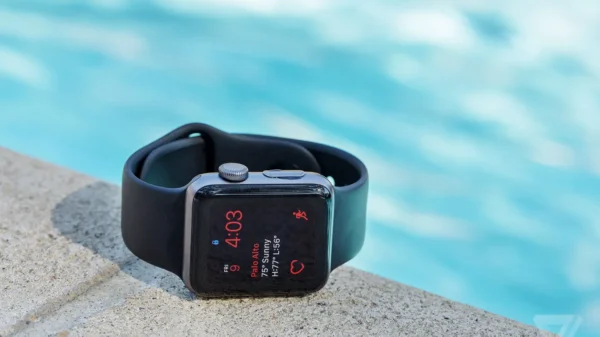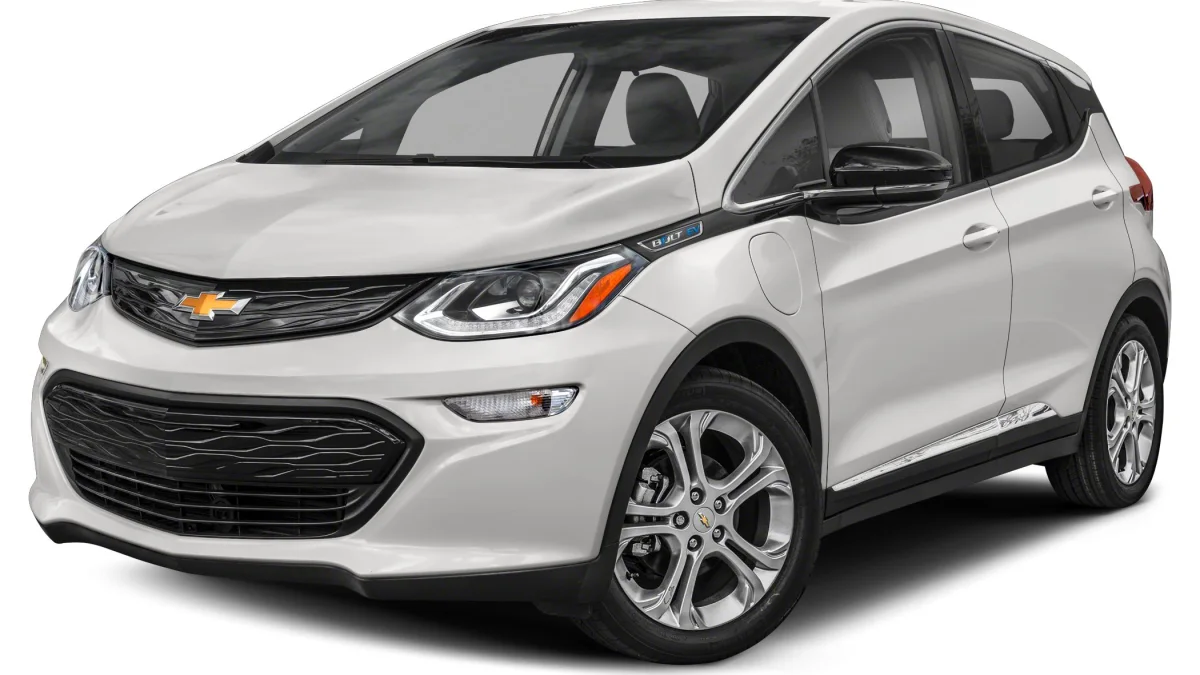Background of the Class-Action Lawsuit
The class-action lawsuit against General Motors (GM) over faulty batteries in the Chevy Bolt has its roots in a series of alarming incidents and escalating customer complaints. The issue first came to light in late 2019 when multiple Chevy Bolt owners reported battery-related problems, most notably spontaneous fires. These reports prompted an immediate investigation, revealing that a manufacturing defect in the lithium-ion battery cells was the primary cause.
As customer complaints grew, GM issued its first recall in November 2020, affecting over 68,000 Chevy Bolts globally. The recall aimed to address the potential fire hazard by limiting the battery’s maximum charge and implementing software updates. However, these measures proved insufficient as more incidents were reported, leading to a second, more extensive recall in July 2021. This expanded recall covered additional model years and required significant battery module replacements.
The risks associated with the faulty batteries were substantial, posing a threat not only to the vehicle’s integrity but also to the safety of its occupants. The fire hazards necessitated immediate action, and GM’s initial response, though swift, was not adequate to fully mitigate the danger. This inadequacy set the stage for legal action as affected owners sought a more comprehensive resolution.
The legal proceedings commenced with the filing of a class-action lawsuit, representing thousands of Chevy Bolt owners. The plaintiffs argued that GM was aware of the battery defects but failed to take timely and effective corrective actions. They sought compensation for the diminished value of their vehicles, costs incurred for alternative transportation, and the inconvenience caused by the recalls. On the other hand, GM’s defense emphasized their efforts to address the issue through recalls and software updates.
The lawsuit navigated through various stages of legal scrutiny, with both parties presenting extensive evidence and expert testimonies. Eventually, the case culminated in a settlement agreement, under which GM agreed to compensate affected owners. This resolution marks a significant milestone in the ongoing efforts to ensure consumer safety and corporate accountability in the automotive industry.
The recent class-action settlement involving Chevy Bolt owners marks a significant milestone in consumer protection within the automotive industry. The settlement agreement, reached after extensive negotiations, totals $1.9 billion. This amount is to be distributed among the affected Chevy Bolt owners, providing much-needed financial relief to those who faced issues with the faulty batteries.
Eligible Chevy Bolt owners will receive settlement checks based on the extent of the problems they experienced and the duration for which they owned or leased the vehicle. To claim their settlement, owners must submit a claim form, which will be available on the designated settlement website. Required documentation includes proof of ownership or lease, repair receipts, and any other pertinent records demonstrating the battery issues. The claim process has been designed to be straightforward, ensuring that affected owners can easily access their compensation.
Beyond the financial compensation, the settlement includes additional support for Chevy Bolt owners. General Motors (GM) has agreed to extend the warranties on the affected vehicles, offering an additional layer of protection and assurance. This move aims to restore consumer confidence in the brand, which has undoubtedly been shaken by the battery issues.
For GM, the implications of this lawsuit are profound. The company faces reputational damage, which may affect its market position and customer trust. To address these concerns, GM has announced plans to reinforce its quality control measures and invest in advanced battery technology to prevent similar issues in the future. These steps are crucial for rebuilding trust with their customer base and maintaining their competitive edge in the electric vehicle market.
This settlement is more than just a financial resolution; it represents a significant step forward in consumer rights protection within the automotive industry. It underscores the importance of holding manufacturers accountable for product defects and ensuring that consumers receive due compensation. As such, it sets a precedent for future cases, potentially leading to more stringent quality standards and enhanced consumer protections across the industry.




































